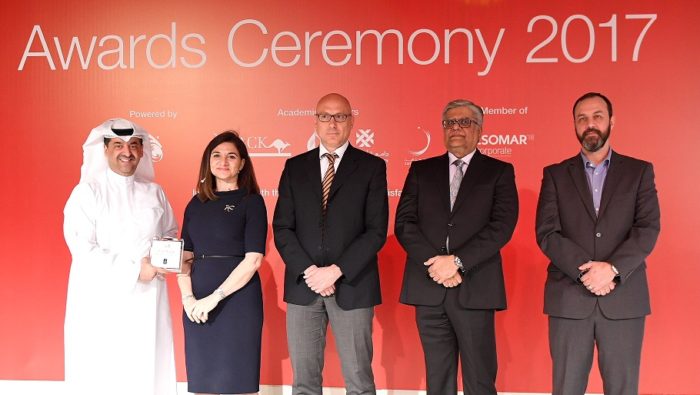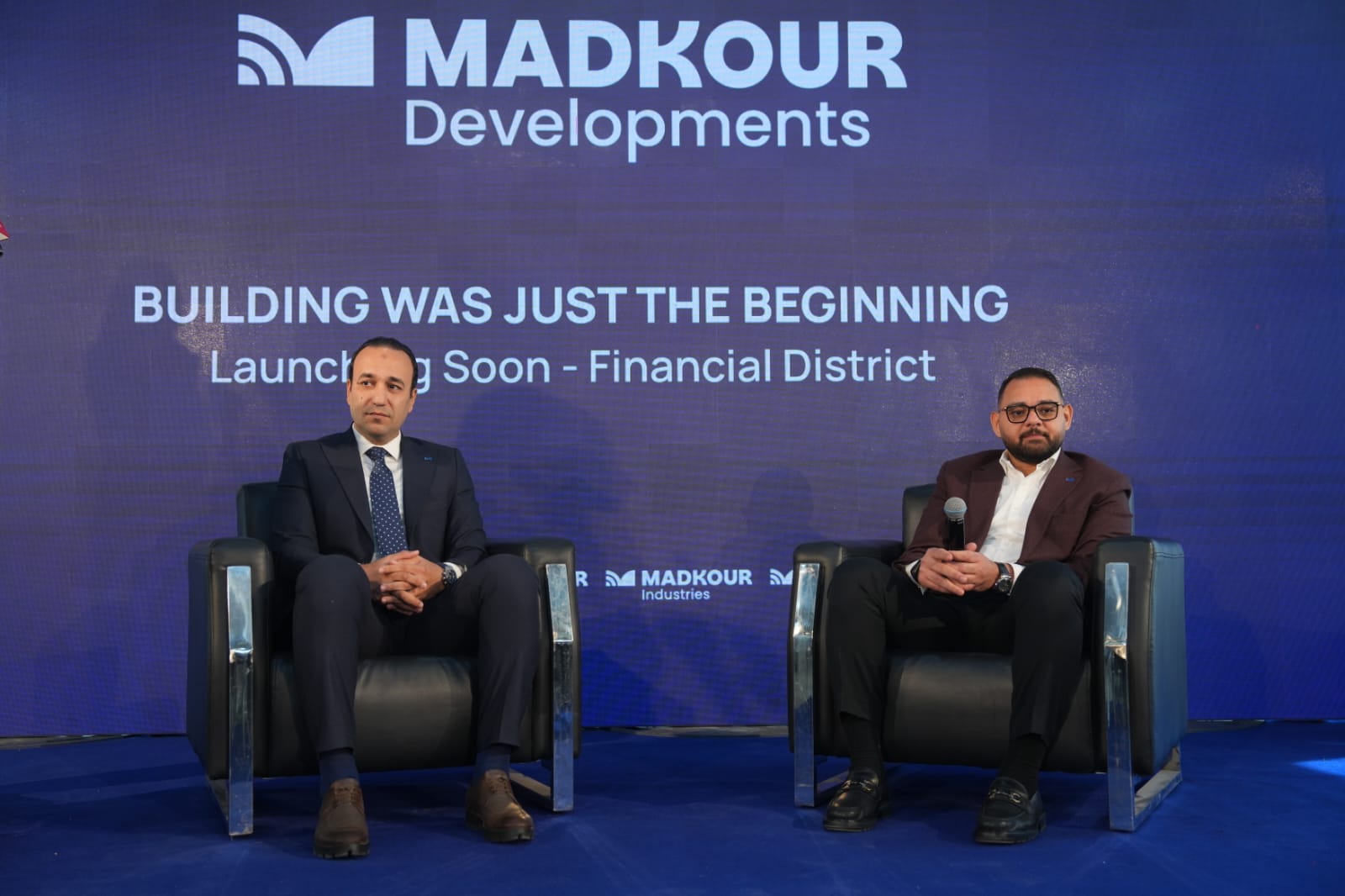Dubai – Masaader News
The United Arab Emirates ranked first regional on human capital of the World Economic Forum’s Report, , the human capital development rate of UAE is over 65%, according to the report which is received by Massader News, Bahrain ranked second, while Saudi Arabia and Kuwait ranked on late position,
Efforts to fully realize people’s economic potential – in countries at all stages of economic development – are falling short due to ineffective deployment of skills throughout the workforce, development of future skills, and adequate promotion of ongoing learning for those already in employment. Such a failure to translate investments in education during formative years into opportunities for high-skilled, high-quality work during the working lifetime contributes to income inequality by blocking the two pathways to social inclusion – education and work – according to the World Economic Forum’s Human Capital Report which is published today.
The report measures 130 countries against four key areas of human capital development; Capacity, largely determined by past investment in formal education; Deployment, the application and accumulation of skills through work; Development, the formal education of the next-generation workforce and continued upskilling and reskilling of the current workforce; and Know-how, the breadth and depth of specialized skills-use at work. Countries’ performance is also measured across five distinct age groups or generations—0–14 years; 15–24 years; 25–54 years; 55–64 years; and 65 years and over.
According to the Report’s Human Capital Index, 62% of human capital has been developed globally at present. Only 25 nations have developed 70% of their people’s human capital or more. With the majority of countries leveraging between 50% and 70% of their human capital, 14 countries nevertheless remain below 50%.
A fundamental tenet of the report is that accumulation of skills does not end at a formal education, and the continuous application and accumulation of skills through work is part of human capital development. All too often economies already possess the required talent, but fail to deploy it.
While much is often made of inter-generational inequalities when it comes to the realization of human capital, the Report actually finds that every generation faces considerable challenges when it comes to realizing individual potential. For example, while younger people are consistently better off than older generations when it comes to the initial investment in their education, their skills are not always deployed effectively and too many employers continue to look for ready-made talent. The problem of under-deployment of skills among the young also affects those coming towards the end of their working life. Meanwhile, few among those currently in employment – across all age groups – are gaining access to higher skilled work and opportunities to enhance know-how.
“The Fourth Industrial Revolution does not just disrupt employment, it creates a shortfall of newly required skills. Therefore, we are facing a global talent crisis. We need a new mind-set and a true revolution to adapt our educational systems to the education needed for the future work force,” said Klaus Schwab, Founder and Executive Chairman, World Economic Forum.
“Countries’ strategies for developing human capital should vary according to demographic structure however every country risks creating lost generations if they fail to adopt a more holistic approach to nurturing talent that takes into account a proactive approach to managing the transition from education to employment and to ongoing learning and skills acquisition,” said Saadia Zahidi, Head, Education, Gender and Work, World Economic Forum.
The Human Capital Index 2017
The top ten is topped by smaller European countries—Norway (1), Finland (2), Switzerland (3)—as well as large economies such as the United States (4) and Germany (6). Four countries from the East Asia and the Pacific region, three countries from the Eastern Europe and Central Asia region.
At a regional level, the human capital development gap is smallest in North America, followed by Western Europe, Eastern Europe and Central Asia, East Asia and the Pacific, Latin America, and Middle East and North Africa. The gap is largest in South Asia and Sub-Saharan Africa.
North America is the strongest regional performer with an average score of 73.95. The United States (4) ranks in the top ten and Canada (14) ranks in the top twenty.
Western Europe has an overall average score of 71.10, the second highest after North America. The rankings are dominated by the Nordic countries—Norway (1), Finland (2), Denmark (5) and Sweden (8)—as well as Switzerland (3) and Germany (6)—which collectively take the region’s top spots. 12 countries have crossed the threshold of developing at least 70% of their human capital. The Netherlands (13) and Belgium (15) rank ahead of the United Kingdom (23) and France (26) to make up the mid-range of the regional league table, while three Mediterranean countries Portugal (43), Spain (44) and Greece (48)—take the bottom ranks.
Eastern Europe and Central Asia ranks in third place globally with an overall average score of 67.36. Three countries from the region rank in the top twenty: Slovenia (9) Estonia (12), and the Russian Federation (16). The Czech Republic (22), Ukraine (24) and Lithuania (25), all score above the 70% threshold. The bottom-ranked countries in the region, Macedonia, FYR (67) and Albania (85), are held back by high unemployment and underemployment rates across all age groups.
The East Asia and the Pacific region scores towards the middle of the range of the Index, with an overall average score of 65.77. The best-performing countries in the region, such as Singapore(11), Japan(17), and Korea, Rep.(27) are global strongholds of human capital success, while countries such as Lao PDR(84), Myanmar(89) and Cambodia(92), trail the region despite their very high degree of human capital utilization across the Deployment pillar. ASEAN economies such as Thailand (40), Vietnam (64), Indonesia (65) and Malaysia (33) score towards the middle range. China (34) ranks well ahead of the other BRICS nations except for the Russian Federation.
Latin America and the Caribbean scores in the lower middle range of the Index, with an overall average score of 59.86. The gap between the best and worst performers in the region is smaller than for any other region. The two best-performing countries in the region are Argentina (52) and Chile (53). The region’s two largest economies, Mexico (69) and Brazil (77) rank in the middle and lower half of the Index overall along with Peru (66) and Colombia (68). The bottom ranks of the region are made up of Venezuela (94) and Central American nations such as Honduras (101).
The Middle East and North Africa has an overall average score of 55.91. Three gulf states—the United Arab Emirates (45), Bahrain (47) and Qatar (55)—outperform the rest of the region’s Arab speaking countries and score in the mid-range of the Index overall. Turkey (75) scores at 60%. Saudi Arabia (82), the region’s largest economy ranks ahead of Egypt (97), its most populous one. Algeria (112), Tunisia (115) and Morocco (118), make up the lower end of the rankings, ahead of Mauritania (129) and Yemen (130).
South Asia, scores second lowest in the Index, with an overall average score of 54.10. Sri Lanka (70) is the top performer while Nepal (98), India (103), Bangladesh (111) and Pakistan (125) lag behind. With the exception of Sri Lanka, the rest have yet to reach the 60% threshold with regard to developing their human capital.
With an overall average score of 52.97, Sub-Saharan Africa is the lowest-ranked region in the Index. Rwanda (71), Ghana (72), Cameroon (73) and Mauritius (74) have developed more than 60% of their human capital. South Africa (87), the region’s second largest economy, places towards the middle in the region. Nigeria (114) ranks in the lower midfield and Ethiopia (127) is the lowest performer, fourth from the bottom on the Index overall.
Focus Keywords
#Dubai Masaader News #World Economic Forum’s Report #UAE #Business Masaader News










